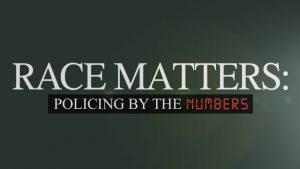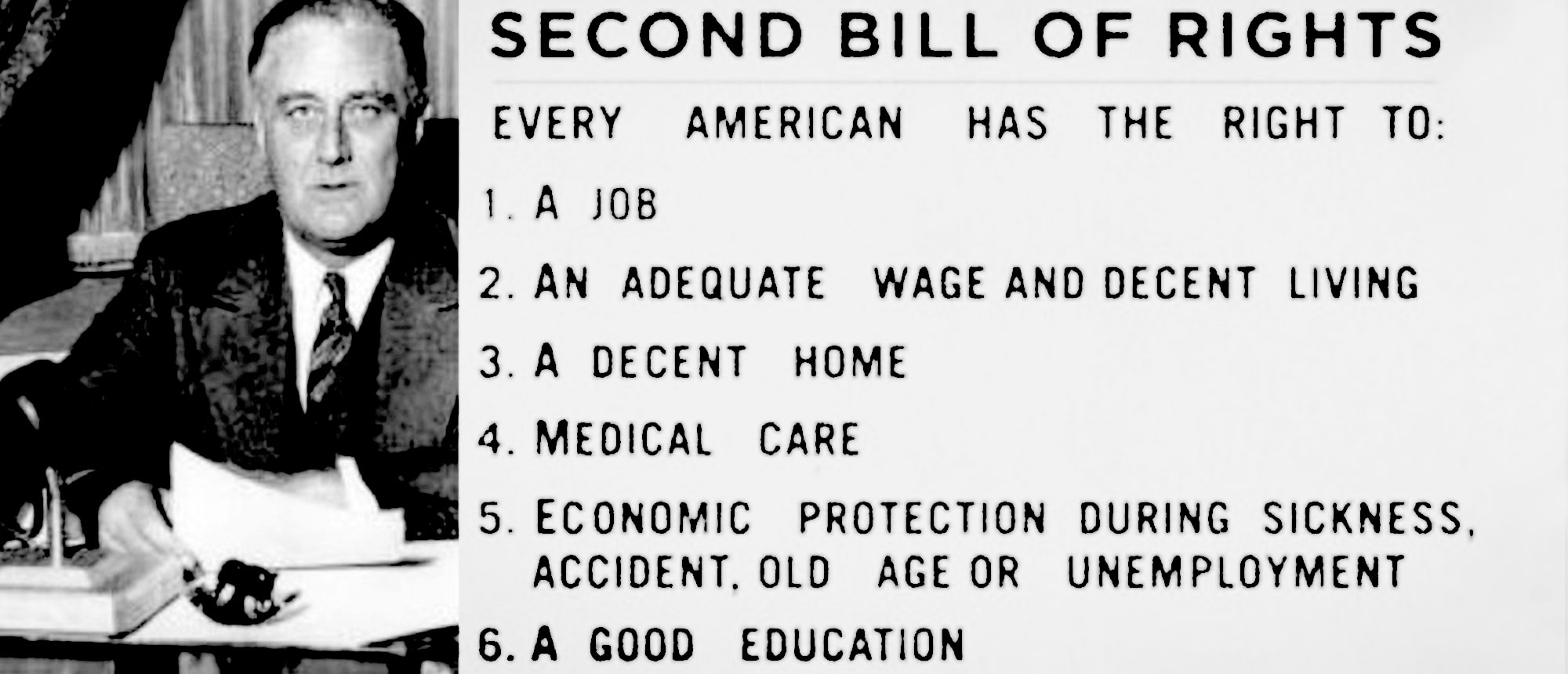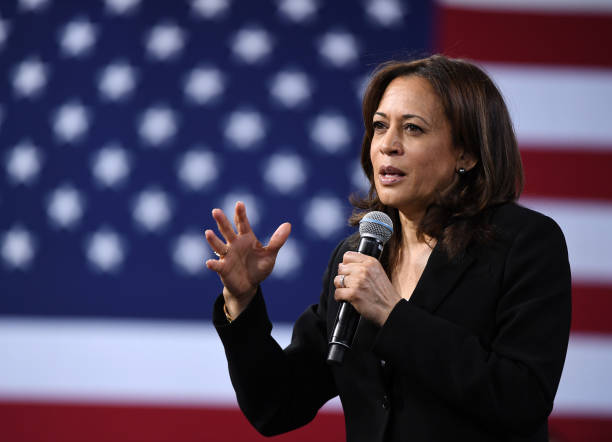(ThyBlackMan.com) “To continue in our current system without comprehensive data only stalls meaningful conversation and fuels empty debates, both within law enforcement and in the communities we serve.” — James B. Comey, F.B.I. Director, Uniform Crime Reporting Program, 2014
Following an explosive succession of high-profile police killings—many of them of unarmed African-American men—the Justice Department is poised to spearhead an ambitious, nationwide initiative to track all incidents of the use of force by police officers, including all police shootings—whether they are fatal or not.
As a participating organization on the President’s Task Force on 21st Century Policing, The National Urban League submitted its “10 Point Justice Plan,” outlining recommendations for comprehensive police reform and accountability, including increased, mandatory law enforcement participation in data gathering and amending existing legislation to include tracking encounters where non-lethal police force is used.
We are encouraged that the Justice Department is moving towards comprehensive national data collection that goes beyond police- involved deaths to include data collection on the non-lethal use of force by law enforcement, but there pressing concerns that must be assessed and addressed. The first is: pace. The FBI will issue its plans to begin the pilot data collection program in early 2017. This initiative will inevitably fall to the next presidential administration, and its agenda, to implement. In the meantime, communities will remain divided over their distrust of law enforcement, and countless lives may be lost.
involved deaths to include data collection on the non-lethal use of force by law enforcement, but there pressing concerns that must be assessed and addressed. The first is: pace. The FBI will issue its plans to begin the pilot data collection program in early 2017. This initiative will inevitably fall to the next presidential administration, and its agenda, to implement. In the meantime, communities will remain divided over their distrust of law enforcement, and countless lives may be lost.
Enforcement of the newly expanded national use-of-force data collection remains a concern. In 2014, Congress re-enacted the Death in Custody Reporting Act (DICRA). The act required local police departments to report only the police encounters where individuals died to the attorney general’s office. The Justice Department is now calling for police departments to also report on non-lethal uses of force—voluntarily. It has always been the position of the National Urban League that reporting should be mandatory, and if that will not be the case, there must be clear consequences baked into the act that punishes law enforcement agencies for failing to report this critical, much-needed data.
Past voluntary reporting programs on police-community encounters have failed. Reportedly, in 2014, only 224 of the more than 18,000 law enforcement agencies nationwide reported fatal shooting deaths at the hands their officers. Penalties, including any financial penalties, for non-reporting police departments must be included in the act if the Justice Department expects to enforce its expanded collection initiative and effectively collect data. Under DICRA, the attorney general’s office can withhold 10% of federal grant money that provides criminal justice funding from non-compliant, non-reporting agencies. The Justice Department needs to be clear on its plans to use financial penalties, as authorized by DICRA or otherwise, to enforce its data collection proposals; it should consider making data reporting a pre-condition for agencies to receive federal funding; and it should examine if proposed financial penalties are enough to compel compliance.
In the absence of facts, all manner of myths, suspicions and anecdotal evidence rushes in. As Attorney General Loretta Lynch has noted, “accurate and comprehensive data on the use of force by law enforcement is essential to an informed and productive discussion about community-police relations.” Without these facts, without a complete-picture, national database that can be accessed by government agencies and the public, we cannot fix the problem of police violence in our communities, and we cannot build the kind of transparency that has the power to inspire trust between law enforcement officers and the communities they serve. As we await the final iteration of this expanded data collection plan, we are encouraged that, at the highest levels of government, the cries and protests in the streets and on college campuses, and the nationwide demand for change and accountability has been heard.
The National Urban League will continue to advocate for all of the recommendations from our “10 Point Justice Plan,” including expanding data collection at local, state and federal law enforcement agencies. And we urge all members of law enforcement—at all levels—to employ every strategy and statistic available to put an end to a national conversation about police violence that has been marred by division and to—most importantly and urgently—put an end to these senseless deaths.
Written by Marc H. Morial
Official website; http://twitter.com/MARCMORIAL




















Leave a Reply